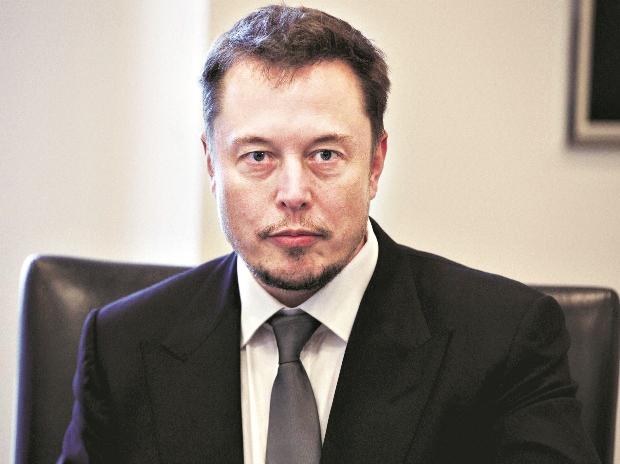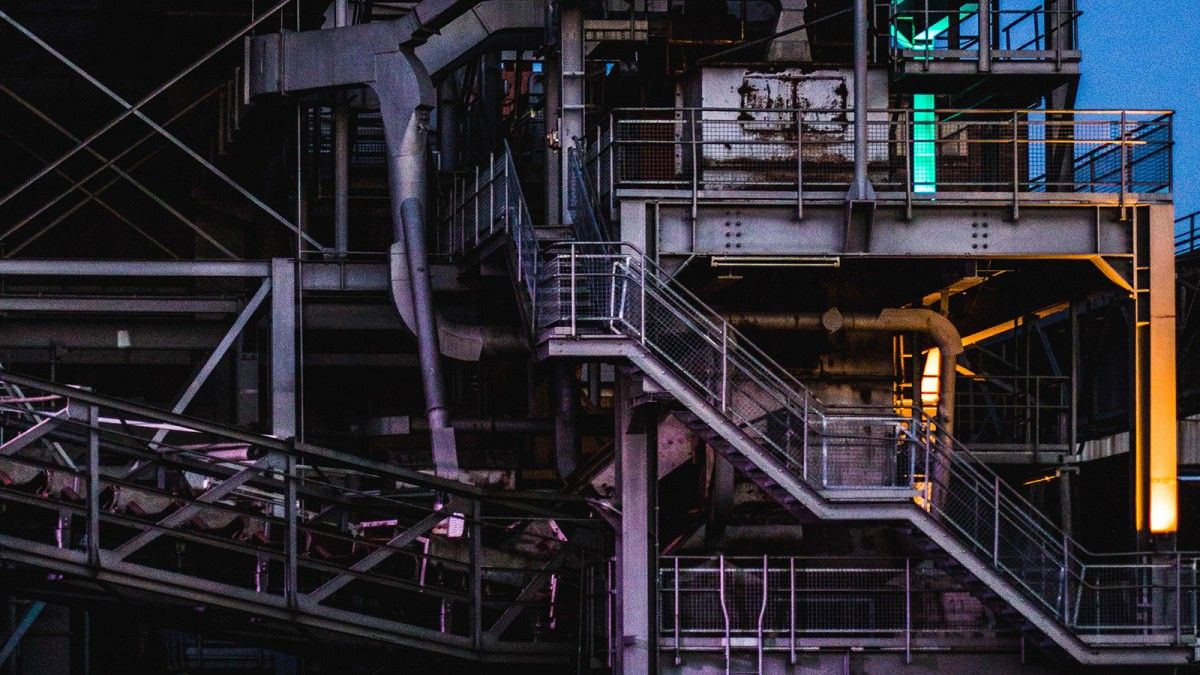Category: business – Page 276

To Californians, it looked like a UFO. To Elon Musk, success | Bloomberg | Business Standard
“The mission from California’s central coast was Space Exploration Technologies Corp’s 18th this year.”

Inclusive Growth: Profitable Strategies for Tackling Poverty and Inequality — By Robert S. KaplanGeorge SerafeimEduardo Tugendhat | Harvard Business Review
“Our first principle, therefore, is that corporations should search for projects that generate economic benefits for themselves while creating socioeconomic gains for all other actors in the new ecosystem.”
Amazon CEO Jeff Bezos and brother Mark give a rare interview … | Summit
“To adventure and fellowship.”
Virgin Hyperloop One just broke its speed record
Virgin Hyperloop One set a test speed record of nearly 240 miles per hour during its third phase of testing at its site in Nevada.
The company also tested a new airlock which helped transition test pods between atmospheric and vacuum conditions during a test campaign which was completed on December 15, 2017.
The tests were conducted in a tube depressurized down to the equivalent air pressure experienced at 200,000 feet above sea level.
A Virgin Hyperloop One pod quickly lifts above the track using magnetic levitation and glides at airline speeds for long distances due to ultra-low aerodynamic drag.
—————————————-———
Follow BI UK on Twitter: http://bit.ly/1Nz3jG3
Better, safer biotech production
Continuous automatic sampling during production aims to keep Danish biotechnology at the forefront. The equipment, and the company behind it, are the result of fruitful collaboration between businesses and universities.
Biotech companies can now take samples from their production as often as they wish, untouched by human hands.
This is all thanks to new equipment developed by start-up company Biomatics Technology. Both the company and product were nurtured in the Biopro network, which involves a number of Danish biotech companies and DTU and the University of Copenhagen.

A New Industrial Hack Highlights the Cyber Holes in Our Infrastructure
Freshly discovered malware called Triton can compromise safety systems that control many kinds of industrial processes.
For years, security experts have been warning that hackers can disable systems that control critical infrastructure we all rely on, such as dams and power plants. Now researchers at Mandiant, which is part of the security firm FireEye, have revealed that a new form of malware, dubbed Triton, closed down the operations of a business in the Middle East belonging to Schneider Electric, a French company. The researchers say that they haven’t attributed the hack to a particular attacker, but they do say it bore hallmarks of threats from a nation-state.
Triton appears to have targeted a so-called safety instrumented system, or SIS, which monitors the operation of a physical process using sensors and acoustics. By taking control of it, hackers can destroy or damage the process the SIS is monitoring by tricking it into thinking everything’s normal, when in fact the process is operating at unsafe levels.
